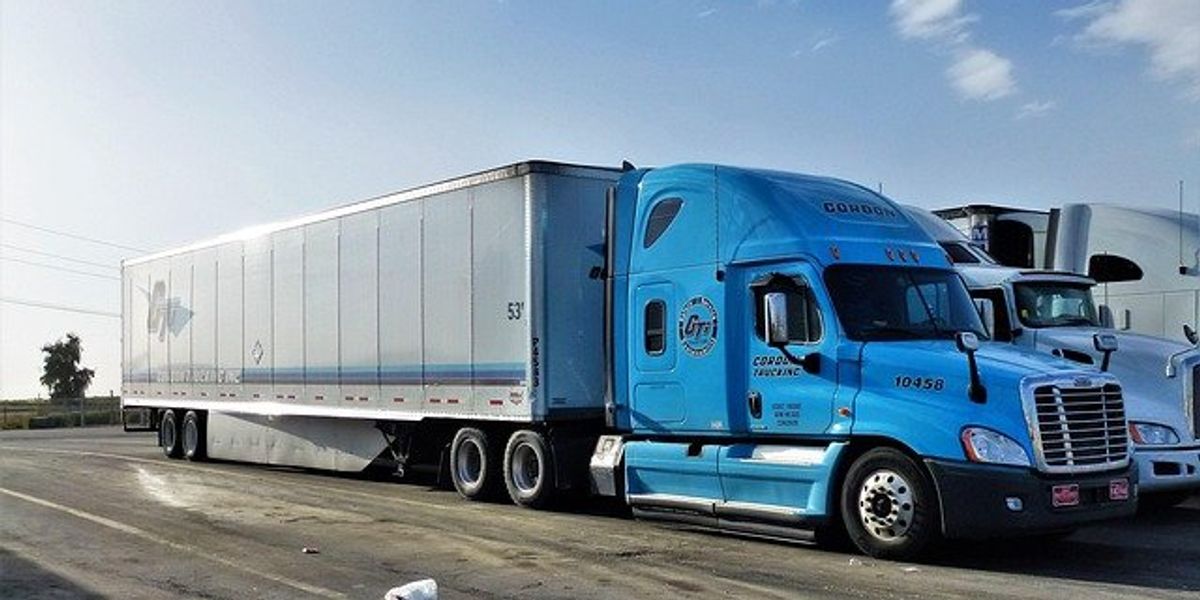
Climate disasters disrupt education for Black children, deepening inequities
Black students in the U.S. face growing educational setbacks as climate-driven disasters like wildfires and hurricanes destroy schools, displace families, and exacerbate systemic inequalities.
Adam Mahoney reports for Capital B News.
In short:
- Climate disasters, including wildfires and hurricanes, are causing prolonged school closures, with Black and Latino students disproportionately affected due to systemic neglect and underfunded schools.
- Research shows that each missed school day lowers academic performance and reduces the likelihood of pursuing higher education, while trauma from these events disrupts children’s mental health and development.
- Recovery efforts often fail to address the needs of marginalized communities, leaving schools underfunded and families without adequate support for rebuilding or mental health care.
Key quote:
"Natural disasters have an outsized impact on Black and vulnerable communities. In places like New Orleans, disasters have been leveraged to break up concentrated Black political and educational power, deepening inequities.”
— Adrinda Kelly, executive director of BE NOLA
Why this matters:
Climate change is becoming a force multiplier of existing injustice. Storms, floods, wildfires, and extreme heat don’t just destroy homes and schools — they disrupt the fragile educational ecosystems many children rely on. For Black students, especially in the South and urban areas, these disruptions stack onto a long history of educational inequity, from redlining to resource gaps. The psychological toll of repeated evacuations, housing instability, and witnessing environmental destruction adds a layer of trauma that can interfere with concentration, memory, and long-term academic outcomes.
Related:














